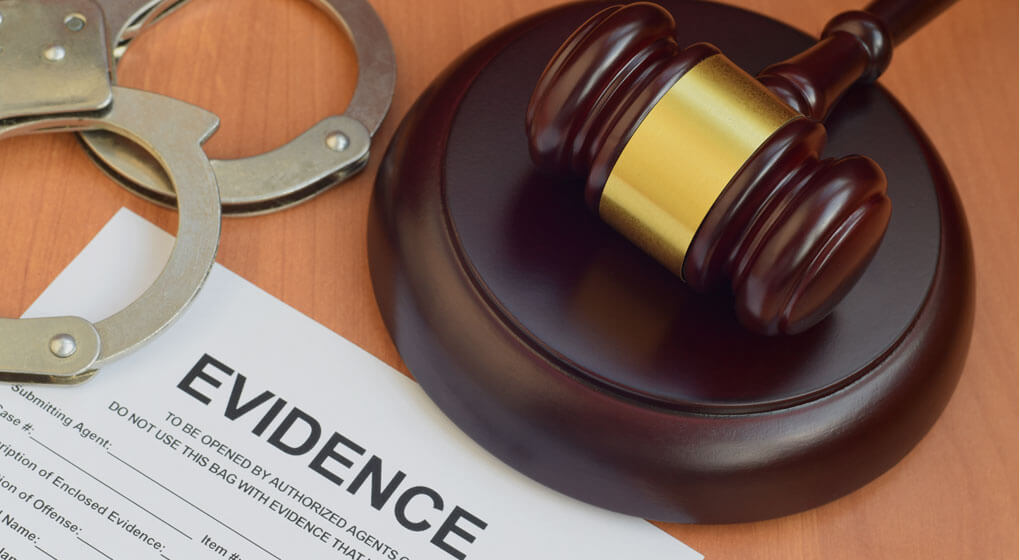
Navigating the complexities of legal proceedings can be daunting, especially for those accused of a crime. A criminal defense lawyer plays a critical role in advocating for the defendant’s rights and ensuring a fair trial. Our extensive knowledge of criminal defense law allows us to build solid cases that can protect our clients from unwarranted penalties.
Understanding the court system and legal tactics is crucial for anyone facing criminal charges. We meticulously analyze every detail of the case and craft strategies that prioritize our clients’ best interests. Our commitment to providing a robust defense equips defendants with the necessary tools to challenge accusations effectively.
Facing criminal charges can be one of the most stressful experiences in life, but a skilled criminal lawyer in Braselton, GA can provide the strong legal defense you need. Whether you’re accused of a misdemeanor or a serious felony, an experienced attorney will analyze every detail of your case, protect your rights, and fight for the best possible resolution. Don’t leave your future to chance—work with a dedicated legal advocate who knows how to navigate the local justice system.
In the courtroom, every decision can have significant consequences. It’s essential that we provide expert guidance and representation to shield our clients from undue harm. By engaging our services, defendants gain a supportive ally dedicated to safeguarding their interests at each step of the legal process.
Understanding Criminal Defense Law
Criminal defense law involves representing individuals accused of criminal activities. We focus on critical legal principles, various charges, and the responsibilities of defense attorneys.
Key Legal Concepts
In criminal defense, several essential concepts guide our approach. Presumption of innocence is fundamental, ensuring individuals are innocent until proven guilty beyond a reasonable doubt. Due process guarantees a fair trial, while burden of proof lies heavily on the prosecution.
Mens rea and actus reus are crucial in assessing charges. Mens rea refers to the guilty mind—intent or knowledge of wrongdoing. Actus reus involves the actual criminal act. Negligence and strict liability also come into play, particularly in lesser charges. Understanding these concepts helps us form effective defense strategies.
Different Types of Criminal Charges
Criminal charges vary widely. Misdemeanors and felonies represent the two broad categories. Misdemeanors typically involve less severe penalties, such as small fines or short jail terms, and often include offenses like petty theft or DUIs.
Felonies are more serious, carrying heavier penalties. These include longer prison sentences and can involve violent crimes, significant thefts, or white-collar crimes like fraud. Drug crimes range from minor possession to major trafficking offenses. Recognizing the differences helps us tailor our defense tactics accordingly.
The Role of a Criminal Defense Lawyer
Criminal defense lawyers serve as critical advocates for the accused. We ensure that clients receive fair trials and that their rights are upheld throughout the legal process. Our duties include investigating the case details, gathering evidence, and interviewing witnesses to craft a strong defense.
Negotiating plea deals is also vital, potentially reducing charges or sentences. We argue persuasively in court, challenging the prosecution’s case and striving to secure favorable outcomes for our clients. Understanding criminal defense law equips us to protect those we represent effectively.
Navigating the Criminal Court Process
In navigating the criminal court process, we must address the essential steps that occur from the pre-trial phase to post-verdict proceedings. This includes understanding the strategies lawyers employ to provide an effective defense, the nuances in trial approaches, as well as the implications of sentencing and appeals.
Pre-Trial Considerations
At the outset, it is crucial for us to assess the details of the criminal charges. Gathering evidence and scrutinizing it is essential. We often work to negotiate a plea bargain to potentially reduce charges or penalties. Arraignment marks the formal start where defendants hear charges and enter a plea.
We review all available evidence, witness statements, and any procedural issues. Strong preparation can influence whether the case goes to trial or ends in a settlement. Engaging experts may be necessary, especially in complex cases like felony charges or murder.
Trial and Defense Strategy
The trial phase demands a well-crafted defense strategy. We must decide whether to challenge the prosecution’s evidence, introduce new witnesses, or present alternative theories. Our approach is shaped by the nature of the criminal case, whether dealing with misdemeanors or more severe charges.
Our goal is to cast doubt on the prosecution’s case. We employ techniques to discredit their witnesses or use expert testimony to bolster our arguments. Effective cross-examination is key and can greatly impact the outcome of the trial. Determining whether to call the defendant to testify is another critical decision.
After the Verdict: Sentencing and Appeals
Post-verdict, the outcome will determine the next steps. If found guilty, sentencing is the focal point. Here, we advocate for leniency, arguing for probation instead of prison time if appropriate. We present mitigating factors to influence the judge’s decision.
If unsatisfied with the verdict, filing an appeal may be our course of action. Appeals focus on legal errors made during trial rather than re-evaluating facts. We scrutinize the trial process, highlighting any missteps to seek a different outcome. This stage often involves extensive legal research and strong written arguments.




